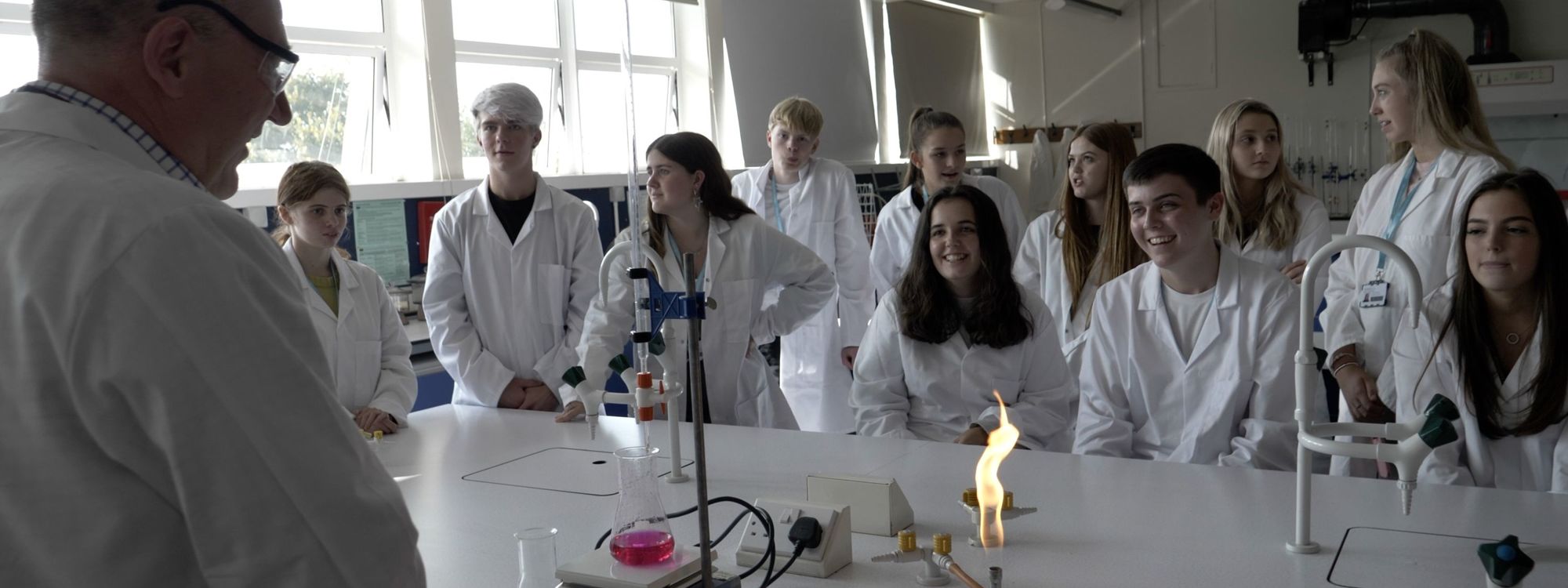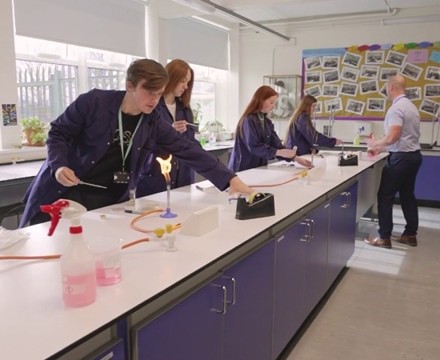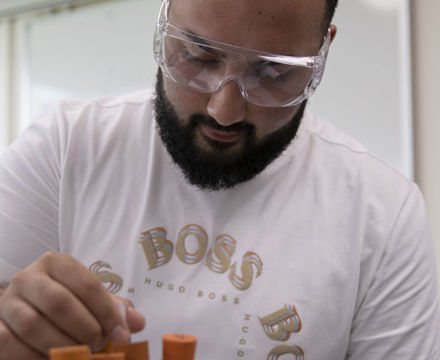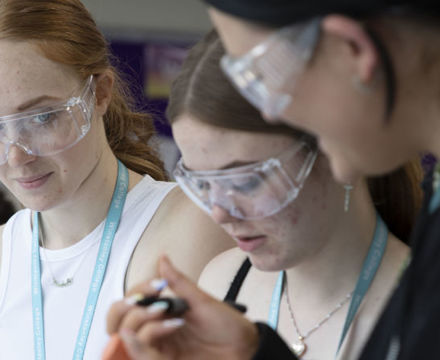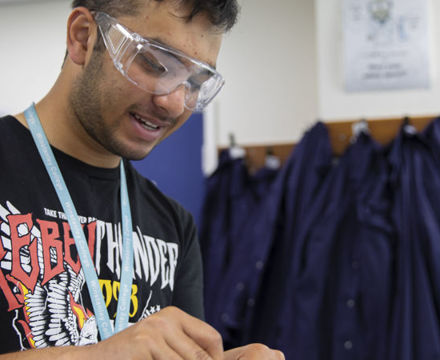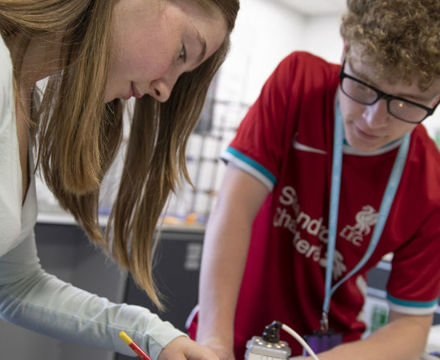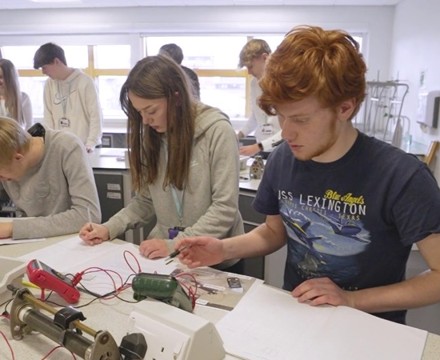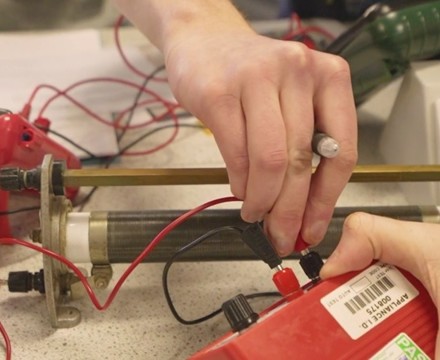STEM
The link below will take you to the National STEM Learning Centre who’s aim is always the same – “to provide a world-leading STEM education for all young people across the UK.”
STEM Learning CentreThe link provides really useful information on what transferable skills these types of jobs are looking for. Use the videos and factsheets to help you look for apprenticeships or to add details to your UCAS form, or to make more informed degree courses.
Transferable skills
Collecting evidence of your transferable skills is important in the UCAS / apprencticeship / job application process. You could have developed these skills in any area of your life; work experience, part time or holiday work, classes, coursework, projects, hobbies or sport.
Transferable skills that people look for:
- Effective communication skills – written and oral: this means the ability to get your point across to the person(s) you are talking or writing to. This can be achieved during presentations in class or answering scientific exam questions which require you to be accurate and direct
- Problem solving skills: the ability to break down a problem into small elements and to work out a solution.
- Teamworking skills: being able to work with a group of people, recognising their strengths and how they relate to yours. The aim is to produce better results than would be achieved by the team members working on their own. This is like working on practical skills in a group or a group presentation
- Leadership skills: being able to work with a group of people and to encourage them to work together to achieve a goal. It can include identifying the goal for the team and persuading them to commit to it.
- Innovation and creativity: coming up with new ways of doing things. This is a key skill you learn in STEM and a key skill employers are looking for.
- Interpersonal skills: the ability to get on with other people; showing respect, listening carefully, for example.
- Organisational and planning skills: being well organised and thinking ahead, so that surprises are kept to a minimum.
- Time management skills: being able to work out which things are the most important and to make sure that they get the most time. It’s also vital that the least important are not just forgotten, but are given the necessary time too. Working under time pressures also comes under this heading, the employers needs to know you can cope with time pressures and still produce high quality work.
- Attention to detail: paying attention to the small tasks that make up the big picture. This can shown in your exam questions focusing on terminology in your answers or remember the correct procedure to work out equations etc.
- Flexibility: being willing to change the way or the order in which you do things.
- Self-motivation: being able to work on your own without the manager having to watch what you do all the time.
- Commitment: being dedicated to the organisation and/or the task.
- Reliability/dependability: linked to self motivation and commitment, as you can be counted on to achieve what you are asked to do all the time.
- Willingness to learn: always being prepared to learn new things.
- Not all of these skills will be required in every job (or developed by all courses), which shows the importance of researching courses and jobs before applying.
You also need to think about other general skills you have, such as:
- IT skills
- Foreign language skills
It is not enough to say that you have these skills – you will need to provide evidence of when you have used them. Evidence can be in the form of reports (e.g. from work experience), video clips of achievements as well as certificates or statements in references.
At Winstanley College, we will promote our STEM events via Guidance and Social Media.

